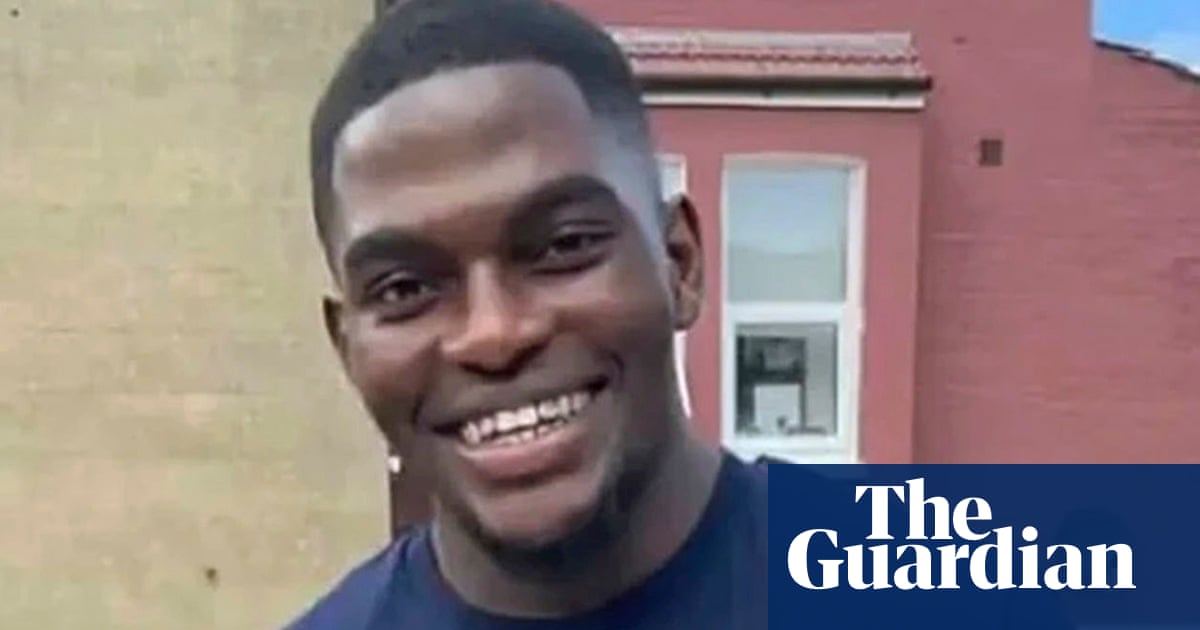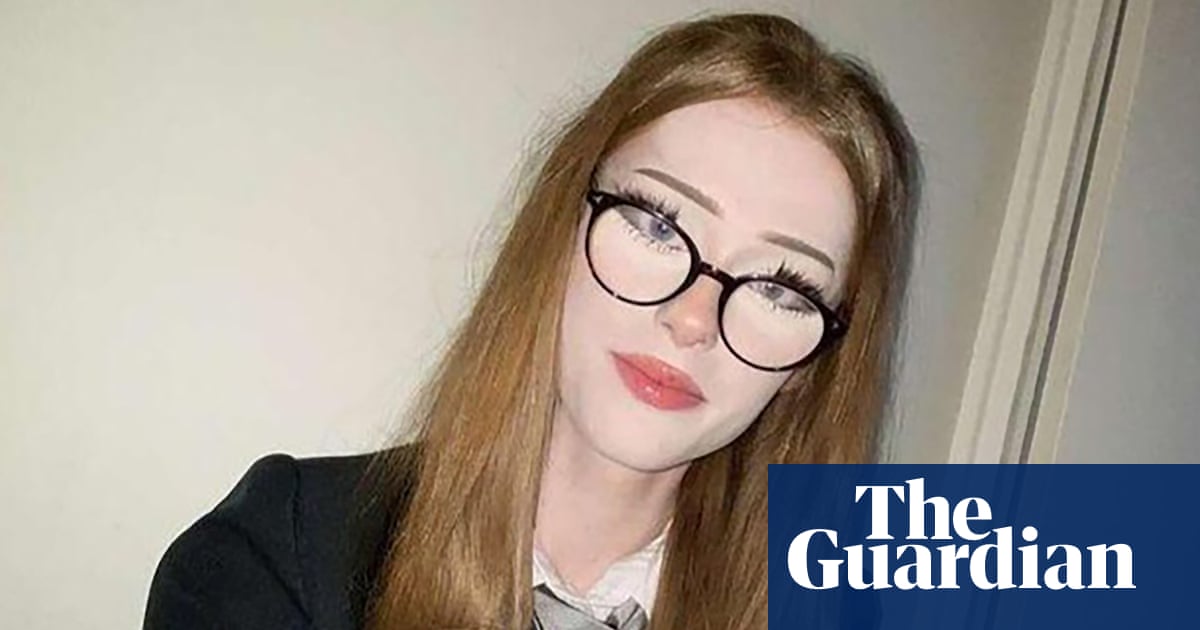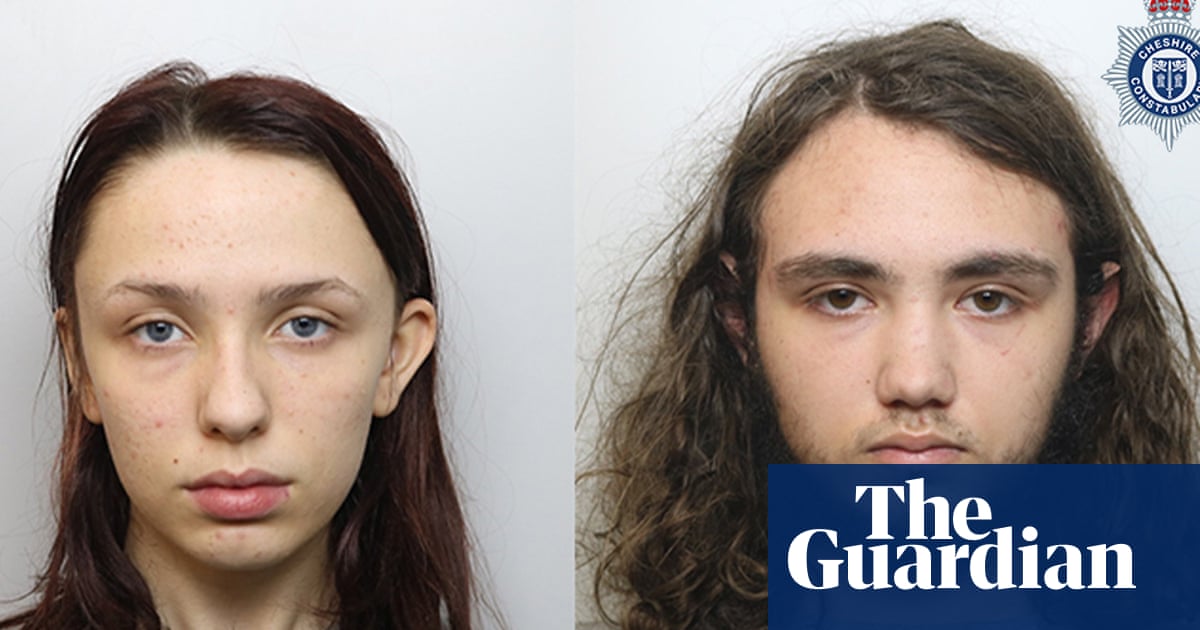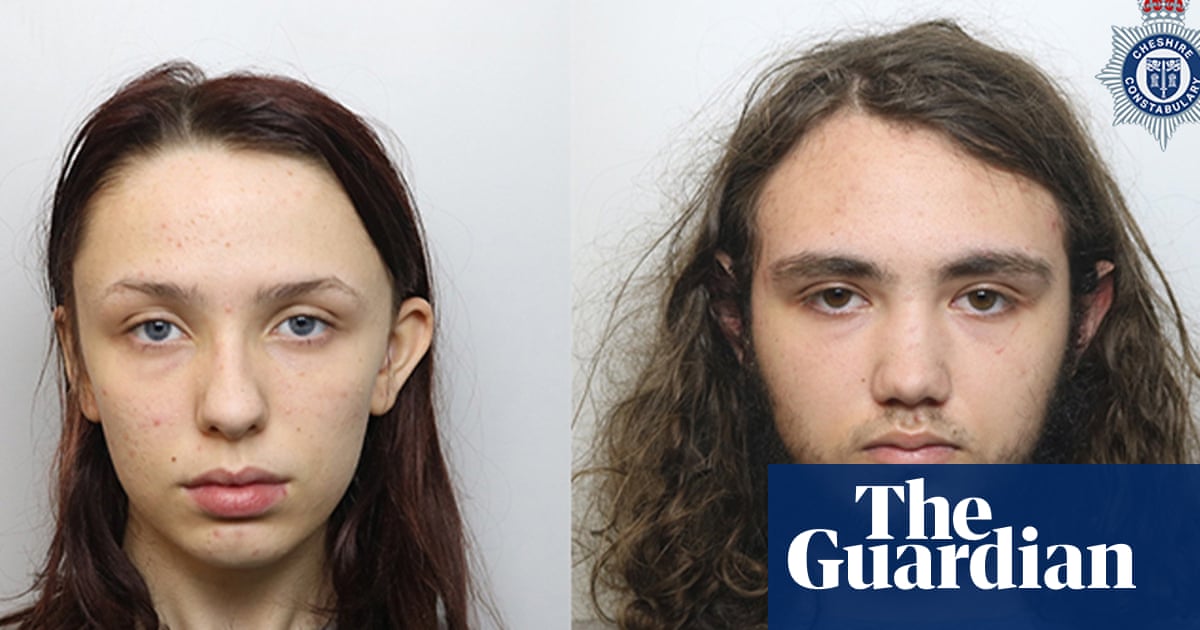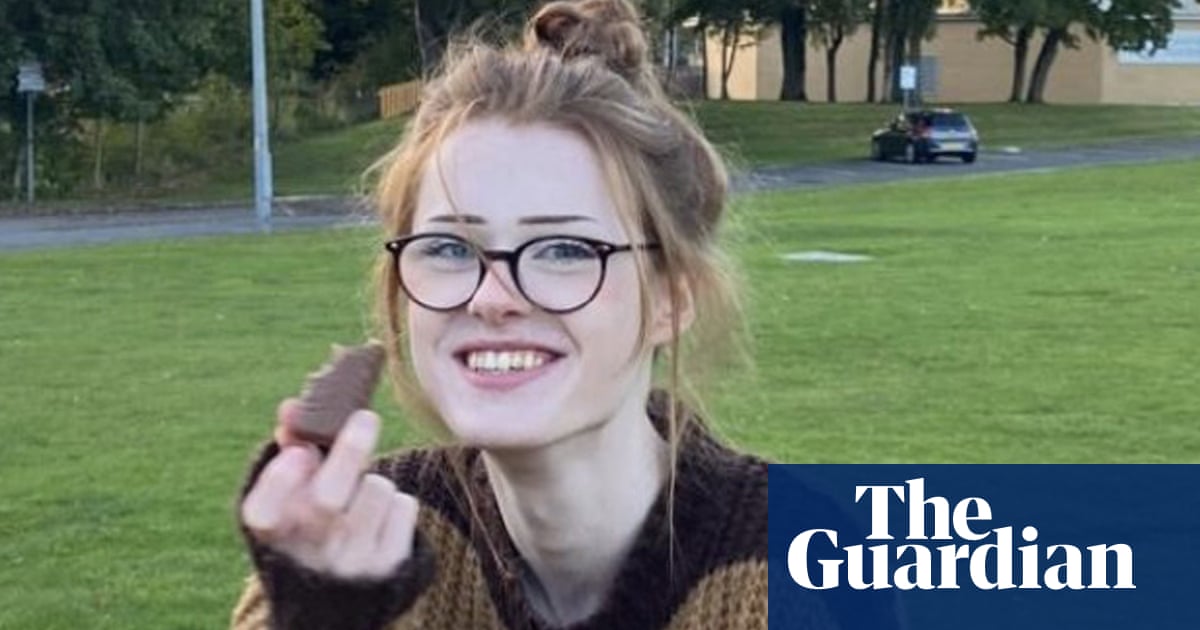
Two teenagers found guilty of the “senseless” murder of 16-year-old Brianna Ghey can be named when they are sentenced in the new year, a judge has ruled.
Mrs Justice Yip on Thursday said there was a strong public interest in lifting orders preventing the identification of the killers, known as Girl X and Boy Y.
But she said reporting restrictions would remain until the sentencing date of 2 February.
Brianna was stabbed with a hunting knife 28 times in her head, neck, chest and back after being lured to a park in Culcheth, a village near Warrington, Cheshire, on the afternoon of 11 February.
A four-week trial at Manchester crown court heard that the killers, now 16, had a fascination for violence, torture and murder and had a “thirst for killing”.
Brianna was described as “witty, funny and fearless”. She was transgender but that was ruled out as a motive by police and prosecutors, who said that if the pair had not killed Brianna, they would have killed one of four other teenagers on a list of people they did not like.
The killers, who blamed each other for the murder, were described during the trial as intelligent, “high functioning” and from normal backgrounds.
Representations to lift the killers’ anonymity were made on behalf of the media by the UK news agency PA Media and ITV.
It was argued that the case was an unusual one and would benefit from public scrutiny. Both the killers could be identified once they turn 18, the court heard.
Lawyers for both defendants, now held in secure youth accommodation, opposed the media application, citing the possible ramifications on their welfare and consequences for their families, including death threats received by Girl Y’s family.
Yip lifted the order but ruled that it should remain in place until the pair are sentenced on 2 February. She said: “There is a strong public interest in the full and unrestricted reporting of what is plainly an exceptional case.”
She added: “The public will naturally wish to know the identities of the young people responsible as they seek to understand how children could do something so dreadful. Continuing restrictions inhibits full and informed debate and restricts the full reporting of the case.”
In coming to her decision, the judge also said it was “inevitable” they would be named eventually as the order banning their identification would have lapsed in 2025, when they turned 18.
“Continuing the reporting restrictions until the defendants turn 18 would, in my view, represent a substantial and unreasonable restriction on the freedom of the press,” she ruled.
The lifting of restrictions on naming juvenile defendants is made only in exceptional cases, where it is felt the public interest outweighs the interests of the child.
It is rare and usually only happens in cases with the highest profile. One example is the 1993 case of the 10-year-olds Robert Thompson and Jon Venables, who murdered the two-year-old James Bulger. The trial judge lifted restrictions, saying there was a “a need for an informed public debate on crimes committed by young children”.
Speaking after Wednesday’s guilty verdicts Brianna’s mother, Esther Ghey, said: “To now know how scared my usually fearless child must have been when she was alone in the park with someone that she called her friend will haunt me for ever.”
She said before the trial she had “moments where she felt sorry for the defendants because they had ruined their own lives as well as ours. “But now knowing their true nature and seeing neither display an ounce of remorse for what they have done to Brianna, I have lost all sympathy … I am glad that they will spend many years in prison and away from society.”
Brianna’s father, Peter Spooner, said: “My heart bleeds every day for Brianna, and this will never go away – and the amount of guilt I have can sometimes be unbearable. But I will ensure her memory lives on in my thoughts and dreams.”
Boy Y, diagnosed with autism spectrum disorder, and Girl X, who has traits of autism and ADHD, were both in the dock as the verdicts were delivered on Wednesday.
The pair showed no reaction, but their mothers wept in the court.
Jurors were told it was “difficult to fathom” how the two child defendants could carry out such a disturbing crime.





